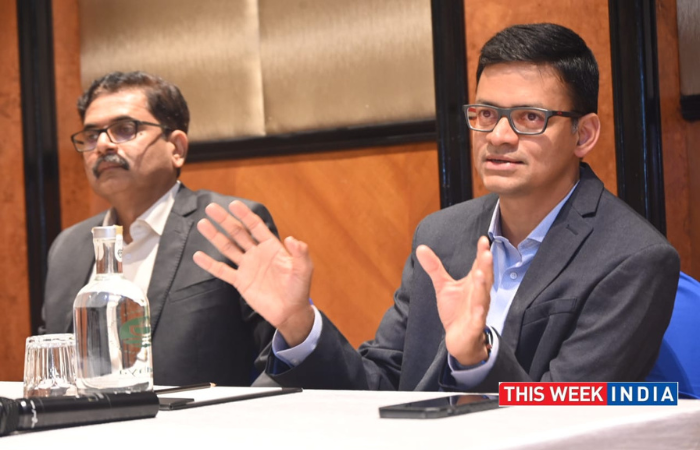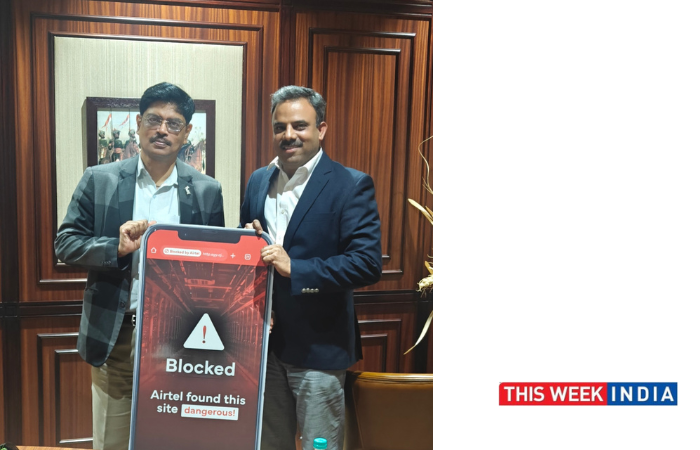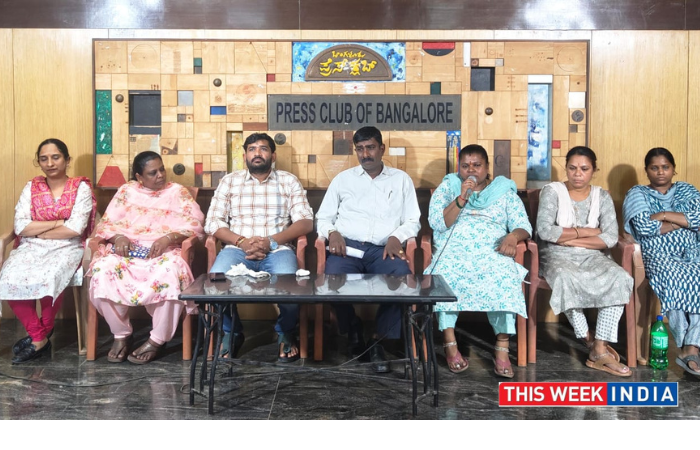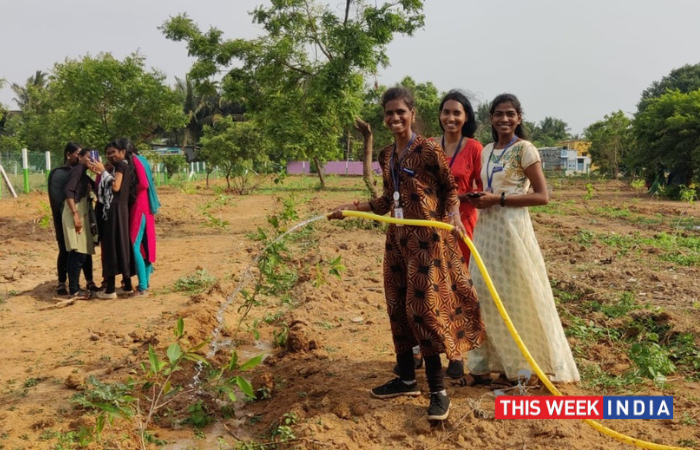Bengaluru, Karnataka – May 22, 2025 – As India strengthens its cancer care ecosystem, critical attention is turning to Acute Myeloid Leukemia (AML)—a rare, aggressive blood cancer that often goes undetected until advanced stages. Despite global advancements in targeted therapies and diagnostics, India faces significant challenges in awareness, access, and affordability, prompting experts to call for AML to be recognized as a national health priority.
While there has been an overall increase of 1-2% in all cancers, including blood cancers like AML, the silent onset and rapid progression of AML make early intervention challenging. Dr. Sharat Damodar, Chief of Hematology and Transplant Services at Mazumdar Shaw Medical Center and Narayana Multispeciality Hospital, notes that this increase is particularly observed in patients aged 40 and above. He highlights a critical gap: “Less than 20% of AML patients here undergo molecular testing, often due to cost barriers and lack of insurance coverage for diagnostics.”
These challenges were underscored at a city-level awareness discussion on AML hosted by AbbVie Healthcare in Bengaluru, which brought together leading oncologists to address critical gaps in the current AML landscape.
“AML is not just a rare disease, it’s a rapidly fatal one if not caught early,” stated Dr. Prasad Narayanan, Senior Consultant & Director – Medical Oncology, Hemato Oncology & BMT at Cytecare Cancer Hospitals. “In India, we often encounter patients at advanced stages due to lack of awareness, limited access to diagnostics, and the high cost of advanced treatments.”
Advances in AML Treatment: A Hopeful Shift, Yet Challenges Remain
Globally, the emergence of targeted therapies, which act on specific genetic mutations, has dramatically improved AML remission rates, reduced toxicity, and enhanced quality of life. However, India has yet to fully benefit from these advancements. Access to molecular and genetic testing remains largely confined to private urban centers, and targeted drugs are often unaffordable, lacking inclusion in public health schemes or the National Cancer Drug Registry.
Dr. Damodar reiterated, “Precision medicine has transformed the global AML landscape. With targeted therapies, we are seeing improved survival rates. But for Indian patients, these breakthroughs are inaccessible unless we implement the right policy and healthcare reforms.”
Policy Imperatives: A Roadmap for Transforming AML Care in India
To address these unmet needs, stakeholders are urging the Indian healthcare system to adopt a multi-pronged strategy:
Recognize AML as a Public Health Priority: Integrate AML into the national cancer control strategy with focused funding, epidemiological tracking, and research prioritization.
Expand Access to Diagnostics: Establish infrastructure for molecular and genetic testing in government and tertiary care hospitals, promoting public-private partnerships.
List AML-targeted Therapies in the National Cancer Drug Registry: Ensure regulatory inclusion of new therapies and adopt pricing mechanisms like subsidies or government procurement.
Reform Insurance and Reimbursement: Include AML-targeted therapies in Ayushman Bharat and private insurance schemes to alleviate patient out-of-pocket expenditure.
Launch a National Awareness and Screening Program: Drive public education on early AML symptoms through national campaigns and equip general practitioners for early detection.
Integrate AML into National Health Data Systems: Link AML cases to digital health records and cancer registries for real-time tracking and improved health planning.
Support Clinical Research and Trials: Provide regulatory and financial incentives for India-focused AML research to develop locally viable treatment protocols and innovations.
As the burden of AML continues to rise, decisive action through strategic policy changes, enhanced awareness, and equitable access to innovation is crucial to improving patient outcomes and turning the tide against this often-fatal disease.









